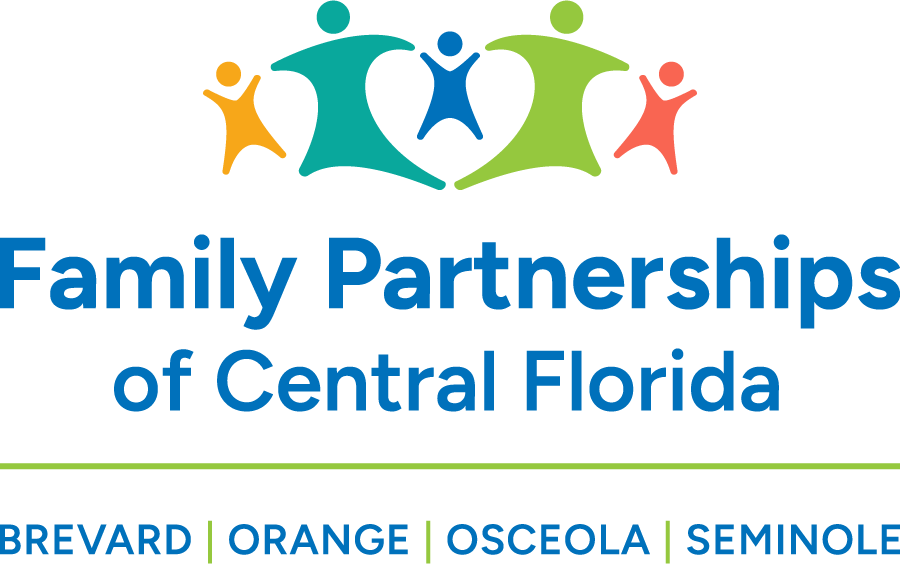
Strong Fiscal Policy Means Stronger Families: Investing Wisely in Florida’s Foster and Adoptive Youth
By Don Johnson, Chief Financial Officer, Family Partnerships
When we talk about child welfare in Florida, the conversation often centers on compassion—and rightly so. But as someone who has spent a career balancing the numbers behind that compassion, I can tell you this: love alone isn’t enough. If we truly want to see children in foster care thrive, our state must back that commitment with smart, sustainable fiscal policy.
Florida’s foster and adoptive families are among our state’s most selfless citizens. They open their homes, restructure their lives, and dedicate their hearts to children who have endured trauma and loss. Yet too often, the financial systems designed to support them are piecemeal—funded year to year, vulnerable to budget cuts, and disconnected from the long-term needs of the children and families they serve.
Stable, strategic funding isn’t just an accounting issue; it’s a moral one. When the state invests in robust adoption subsidies, post-adoption services, mental health resources, and sibling group supports, it prevents far costlier outcomes later—disrupted placements, re-entry into the foster system, and the lifelong economic consequences of youth who age out without permanent families.
Every dollar spent on sustaining strong families is a dollar saved on emergency interventions, court costs, and crisis services. The math is clear, but it requires vision—a willingness by policymakers to look beyond election cycles and recognize that permanency and stability yield dividends measured in both fiscal responsibility and human potential.
At Family Partnerships, we see this equation every day. A small increase in funding for trauma counseling can stabilize a sibling adoption that might otherwise fall apart. A modest investment in educational support can help a foster youth graduate high school and pursue a career instead of falling into homelessness. These are not abstract figures—they’re the faces and futures of Florida’s children.
As our state moves into another legislative session, we have a chance to reaffirm our values not just through words, but through budgets. It’s time to ensure that the financial infrastructure of Florida’s child welfare system is as strong and resilient as the families we ask to carry its mission forward.
Good fiscal stewardship is not about cutting costs—it’s about making wise, compassionate investments that pay off for generations. Our children deserve nothing less.









